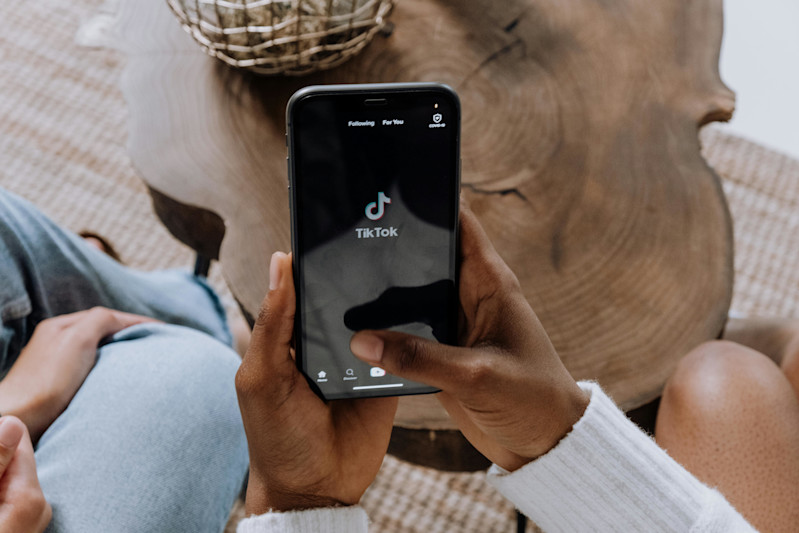
The idea of groupthink affecting buying habits is not new, but the recent craze of Labubu dolls has seen this come to fruition like never before
How we see the world shapes what we value, and nothing proves this more than consumer behaviour. Perception is the silent architect behind every buying decision, subtly influencing how we feel about a product, service, or trend long before we’ve even experienced it. The mere belief that something is “premium,” “trendy,” or “exclusive” can send consumers flocking in droves, sometimes even queuing for hours or paying outrageous markups just for the chance to say they own it.
This is because perception taps into a deeper part of human psychology. We don’t just buy products, we buy what they represent. Identity, aspiration, status, nostalgia, and rebellion, all these emotional triggers are packaged up neatly by clever marketing and shaped by the social echo chamber we inhabit. As soon as the perception of something shifts, so too does its value. It’s the invisible lever that turns the mundane into the must-have and the outdated into the avant-garde.
The Lobster Effect

Consider the lobster. Today, it’s synonymous with luxury dining, butter-drenched indulgence, and the kind of dish you order on a special occasion. However, if we roll back the clock to the 1800s, you’ll find a very different story. Back then, lobster was considered a revolting sea bug, nicknamed the “cockroach of the ocean”, and primarily served to prisoners, indentured servants, and the very poorest in society.
But what changed, because it certainly wasn’t the lobster. The shift came from perception, cleverly engineered by evolving circumstances. As railroads expanded and canned food became more widespread, inland Americans began encountering lobster for the first time, completely unaware of its lowly reputation on the coast.
Served fresh and framed as exotic fare on luxury train lines, it started gaining prestige. Soon, restaurants joined in, preparing lobster live to preserve flavour, creating a more refined culinary experience. Demand rose, supply tightened, and the lobster’s rags-to-riches tale was complete. Today, those once-shunned crustaceans command premium prices, proof that the value of a product is often defined not by what it is, but by what people believe it is.
Enter Labubu
Fast forward to 2025, and we’re seeing a strikingly similar story unfold, only this time, with a toothy, slightly creepy plush toy named Labubu. Originally a niche collectable inspired by Nordic mythology and designed by artist Kasing Lung, Labubu dolls were once the preserve of designer toy enthusiasts. Now, though, thanks to TikTok virality, celebrity endorsements from the likes of Dua Lipa and Rihanna, and Pop Mart’s clever use of “blind box” mystery packaging, Labubu has exploded into a full-blown cultural phenomenon.

It’s not the product that changed, but our perception of it. Once seen as a quirky collector’s item, Labubu is now the must-have accessory of the moment, dangling from luxury handbags, selling out within minutes, and fetching up to $7,000 on resale sites. Crowds line up for hours outside stores, fights have broken out, and customs officials are seizing illicit shipments, all because people believe owning a Labubu signals belonging, trendiness, and insider status.
Mob Mentality, Groupthink, and the Bandwagon Effect
What we’re witnessing isn’t just good marketing, it’s mass psychology at play. Groupthink and mob mentality are powerful drivers in consumer culture. Once a critical mass of people starts valuing something, the fear of missing out (FOMO) kicks in. People who never cared about lobster before suddenly see it as the height of fine dining. People who find Labubu creepy are still willing to pay hundreds just to avoid being left out.
This bandwagon effect is particularly potent in the age of social media, where perception spreads faster than ever. A few viral videos, a couple of influencers, and suddenly, a fringe product becomes a global obsession. Perception doesn’t just shape value, it creates it, but it can just as quickly dismantle it, too. As with lobster, as with Labubu, once the perception shifts, the consumer response follows, sometimes irrationally, but always predictably.

Why Perception is Everything
At Katch International, we understand that perception is the beating heart of every successful brand. The stories you tell, the images you project, and the emotions you evoke can be far more valuable than the product itself. Never just manipulate the truth, but rather curate the narrative to help people see something in a new light, because when perception shifts, so does reality.
Lobsters, dolls, cups, clothes, experiences, and everything in between are not immune to the sway of public opinion. Next time you see a product trending or a price tag that seems wildly inflated, ask yourself: is it worth it? Or is it just perceived to be?
Chances are, it’s a little of both. For more related updates and to Katch us covering similar topics, watch this space!
Katch our game-changing PR and Communications, Social Media, Branding and Design, Brand Consultancy, Digital Marketing, and Global Communications services to help your brand make noise. Get in touch with our 360-Marketing agency in Dubai, Qatar, Saudi Arabia, and London, and let’s get the conversation started!
